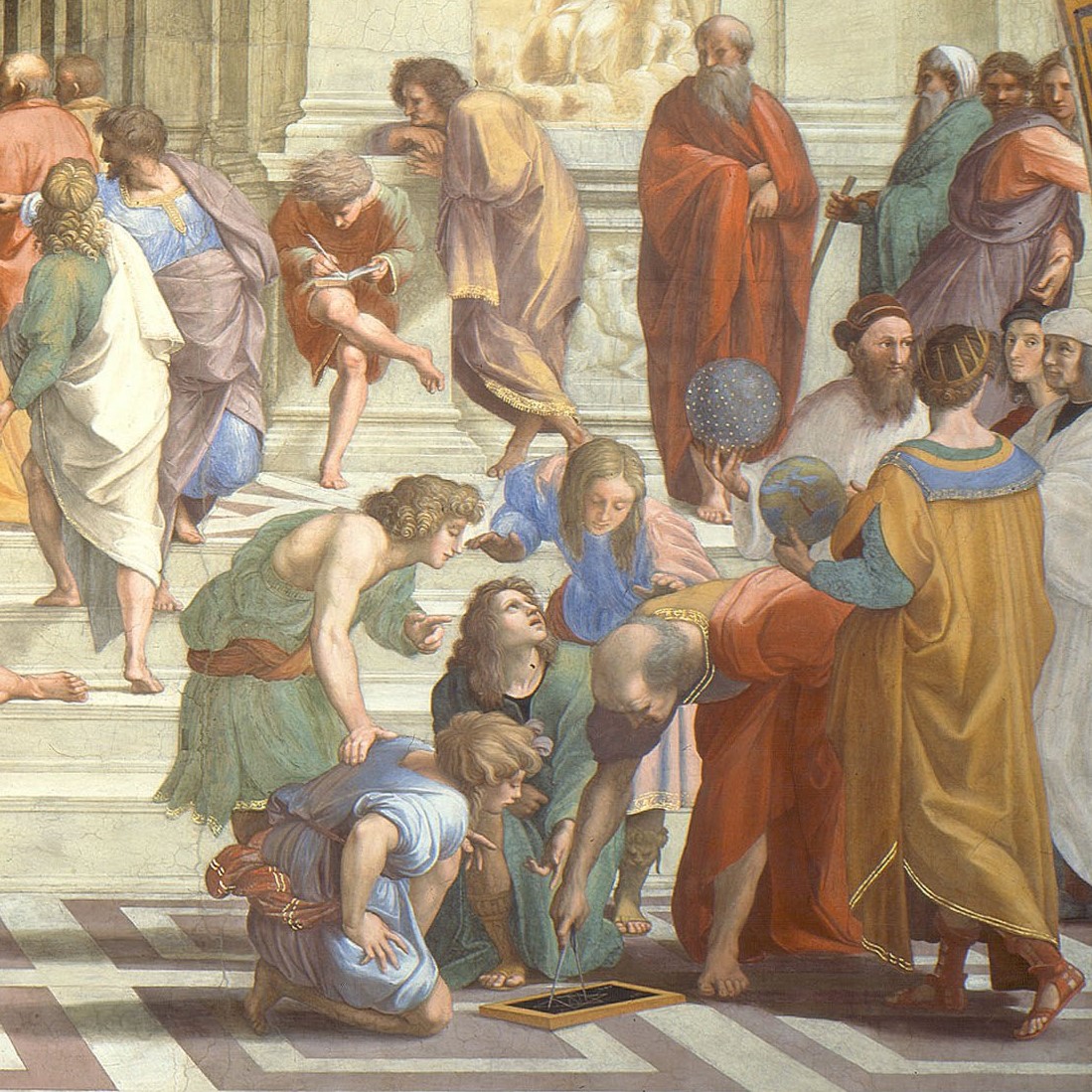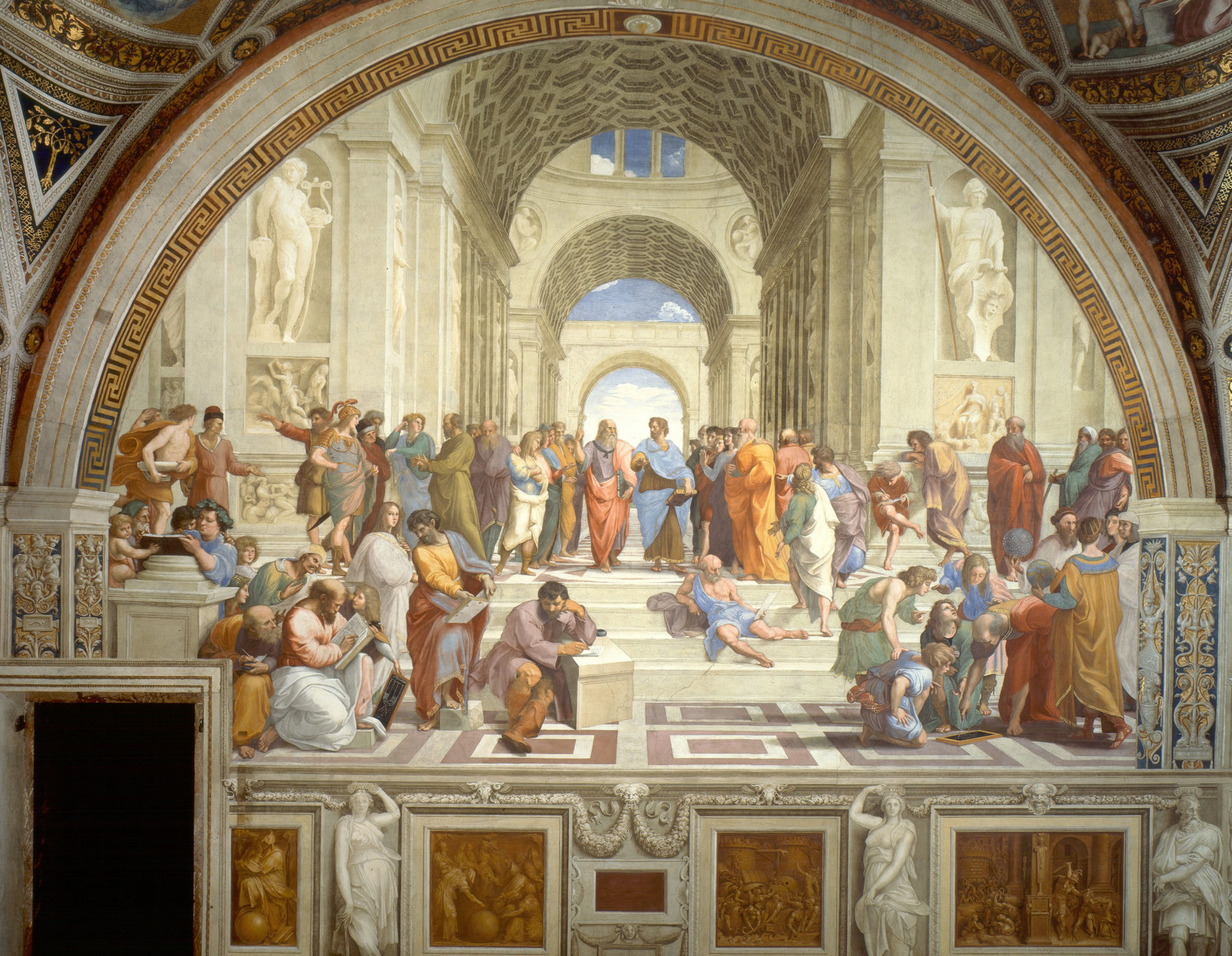Aphorisms on Dictatorship (1933)

Originally published as “Aphorismes sur la dictature,” Les Arts à Paris 20 (November 1933), 18–20.
Preface
Given that our preoccupations are primarily aesthetic, we do not engage in doctrinal politics here. We do not consider party affiliations. But, at a moment when, in America, children are raised without parents to claim them; when, in Paris, scenes of torture regularly unfurl in tax offices under the auspices of a smiling and sadistic bourgeois “torquemadisme”1; when a young parliamentarian addressing his colleagues from the pulpit tells them, essentially, without it really affecting them, that “No one takes us seriously anymore”; or when, before the spectacle of facts, all morality can be considered debased or fallen, we should not ignore the impressive efforts that some collectivities have taken to surpass materialisms and ethical statutes. Given their perseverance in creating these eponymous geniuses in whom they place all their hopes, we cannot help but be impressed.
This observation was made with total objectivity and is obvious enough to have been made by others than ourselves, so it seemed that we could, without any problem, publish as ‘information’ the short exposé herein, whose author assumes full responsibility.
– note from the director [Paul Guillaume]
Aphorisms on Dictatorship
The modern dictator is not an autocrat. He is a director and a pioneer who has the ear of the people and holds them in his hands. He is neither a circus tamer nor a satrap.
Caesar was a Father of the Homeland. The people loved him; the powerful hated him. Stabbed in the Senate by an aristocrat, Caesar led the way for his Empire. The Roman emperors, who were slandered by historians and chroniclers of patrician extraction, relied on the people and defended the people against the Senate, this first House of Peers. Nero and Caracalla confirm this point of view. The kings of France were themselves popular sovereigns who opposed the feudal lords of the bourgeois parliaments.
···
Is the individual opposed to dictatorship? This question is complex. To respond, one needs to accept, a priori, the existence of one fact: the individual. What is an individual? There are two kinds of individuals. If you bear with me I can illustrate my thesis by using an example from art history. The individual must be understood in relation to the rule of the group. In the Disputa and School of Athens by Raphael, the viewer’s gaze is led from one point to another in the composition. Each figure contributes to the ensemble. Each figure submits strictly to a single unanimous rhythm. With Raphael, the parts of the composition keep their distinctive, original, idiosyncrasies. The individual is not diluted in the anonymous mass. This ideal relationship between the collective and the individual is foreign to an artist like Hodler. The cadence, at least as this Genevan painter conceives of it, excludes the presence of the individual human with an articulated body. This rhythm of mannequins denies all free movement, all agency, all autonomous action. Hodler describes an order, a style, and a type of culture that is antipodal to Italian Fascism. A dictatorship that conforms to the civic consciousness of peoples and individuals of Latin heritage is expressed in the work of Raphael, the painter-orchestral conductor, and not that of Ferdinand Hodler. In Italy, in France and in Spain, Fordism and caporalisme collide against the glass parapet of critical thinking.2
···


I can only write an homage to a dictatorship if this dictatorship forms a single uninterrupted line between the throne and the people. Situated outside of the monarchy (this permanent value), dictatorship only exists in the provisionary. This issue is very clearly articulated in the famous letter from the Duc de Guise to M. Provost de Launay.3 But if dictatorship can only live and endure within the frame of a monarchy, monarchy might need a dictatorial order, in the modern sense of the word. In France, the non-noble ministers have been the most active supporters of a traditional and hereditary monarchy. A king cannot speak to the people like a tribune. The Duc de Guise’s letter was written and conceived in a moderate, distanced, academic style. This style cannot uplift the masses. It is, however, the only style that suits the sovereign. It thus appears that, in the current state of public opinion, the monarch has trouble passing for a dictator who is a mouthpiece and for a party that creates social cadres. To inculcate the masses with the monarchic ideal, to create a form for it, to inoculate it with the virus of life, the king needs a “vicar.” But this vicar, who is a substitute and whose power (at least by law) is owed to the king, may not replace the king and his divine right. The maxim of Louis XIV, “I am the state,” is the credo of a monarch who incarnates the state, of which he is the personification and the living symbol. It is by the grace of God that the king exercises his sacred power. This quality confers on him certain rights that a dictator cannot claim. One must naturally make a distinction here that is more theoretical than practical.
The citizen who only defends his private interests and lacks an interest in the collectivity is a bad citizen and a bad soldier. The first Republic defeated the Impériaux, but at Waterloo the soldiers regenerated by von Blücher fought an army that had ceased to be the army of the nation.4 Between a democracy that is (or is supposed to be, which is not the same thing) the government of the people, by the people, and for the people, and a dictatorship, such as it is conceived by the government of Yugoslavia, there is a third way. It is the way chosen by Fascist Italy, the syndicalist, corporatist state, where the individual takes part in power within the sphere of his corporation or syndicate. Fascist liberty assumes a hierarchy. A hierarchy, according to Mussolini, is a ladder of values. Fascism, which is a kind of activism, cannot accommodate a passive, selfish, or opportunistic spirit.
The man in the street awaits the dictator, if not dictatorship. Weaned on the marvelous by democracy, he now transfers his love to athletic heroes and entertainers. The man in the street lives in reality. Yet, democracy stuffs vague ideas into his skull. Mr. Ramsey MacDonald speaks to the masses about loans and respect for obsolete treaties; Mussolini speaks to them about peace, war, work, villages that are being built, and creating jobs for the unemployed.5 Mr. Ramsay MacDonald speaks to specialists; Mussolini speaks not only to shrewd financiers, but also to the simple and honest men who comprise a nation.
The dictator destroys in human consciousness the abstract idea of the Machine-State. He represents the governance of men, that is to say, something concrete, living, palpable. This alone is enough to render him fascinating. The whole world is full of “political systems” and ideologies. The whole world is thirsty for perceptible realities that can be touched. In the eyes of the masses, the dictator embodies the return of politics to human proportions. But what is there behind the dictator? Anarchy reigns in all “dictatorships” that are founded neither on royalty, nor on a society “linked by a fasces,” nor on class organizations, as is the case for the Russian Soviets.
- 1 [Translator’s note: “Torquemadisme” is a reference to Tomás de Torquemada (1420–1498), a Dominican friar and leader of the Spanish Inquisition. The term was used in the early twentieth century to mock the zeal of political radicals, especially those on the Left.]
- 2 [Translator’s note: Caporalisme is a form of authority or an authoritarian political regime under which civil life is subject to strict military regulation.]
- 3 [Translator’s note: Jean le Duc de Guise (1874–1940) was a pretender to the French throne from the Orleanist dynasty, the house that had regained control with the reign of Louis Philippe during the restoration of the crown from 1830–1848. His reign was defended by conservative Catholics and the nationalist political group Action Française until Pope Pius XI condemned Action Française as anti-Catholic in 1926. The Duc de Guise penned a letter to the Parisian police prefect and Action Française sympathizer, the Provost de Launay, former deputy and municipal councilman of Paris in 1933. The letter is a meditation on power and insists that only the return to a monarchy can solve the problems facing the Third Republic. In it, the exiled Duc, writing from Belgium, remarks gladly upon the renewed public avowal amongst those in power for a return to authority and while also noting a new cynicism for electoral politics in the public sphere. Condemning a parliamentary republic with little public support or trust, the Duc de Guise sympathized with the calls for dictatorship and a wholesale re-imagining of power and its nature in France, but would caution that in France, only a monarchy could take the place of Republicanism. This is a position that George echoes in his essay. Calling for a source of power that unites the classes and “surpasses” party lines, de Guise wrote, “The necessity of authority persists, and it can only lead to a monarchy which has never stopped being at France’s disposition.” See “Lettre de Monseigneur le Duc de Guise à Monsieur le Provost de Launay, Ancien Député, Conseiller Municipal de Paris,” L’Express du Midi, vol. 42, no. 14, 666 (May 7, 1933), 1.]
- 4 [Translator’s note: By “Impériaux” George is referring to the coalition of nations allied against Napoleon. Gebhard Leberecht von Blücher (1742–1819) was the Prussian military general who led the defeat of Napoleon at Waterloo, thereby marking the end of the Napoleonic Wars.]
- 5 [Translator’s note: Ramsey MacDonald (1866–1937) was the first leader of the British Labour Party to become Prime Minister (1924, 1929–1931).]